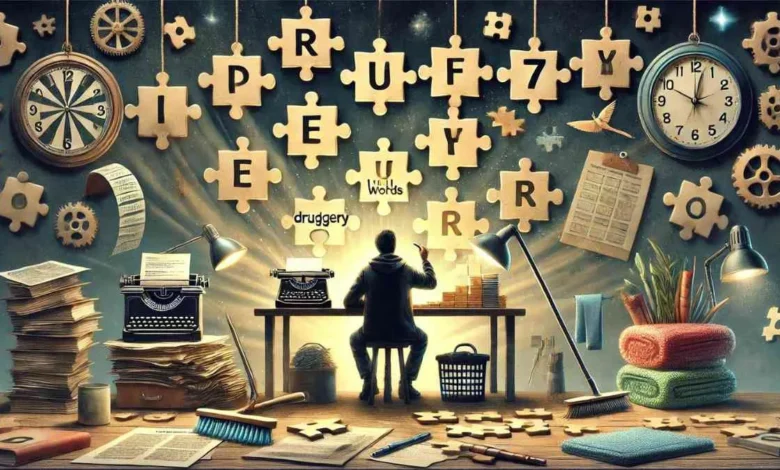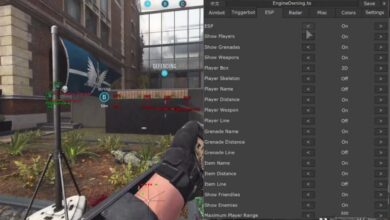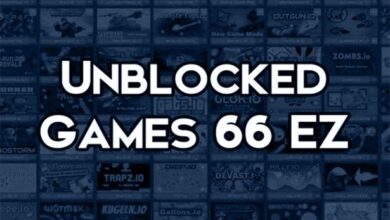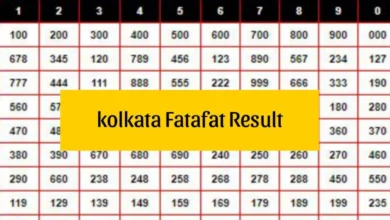Drudgery 7 Little Words: Understanding the Puzzle and Enhancing Your Skills

Word puzzles have gained immense popularity, with one of the most entertaining formats being the “7 Little Words” puzzle. It’s a brain-teasing game that challenges players to find seven words based on short clues. One common clue, “Drudgery,” often appears in the puzzle, leaving players wondering how to decipher its meaning. This article delves into “Drudgery 7 Little Words,” offering insights into solving it, its connection to the puzzle, and strategies to improve your puzzle-solving skills.
What is Drudgery in the Context of 7 Little Words?
The term “drudgery” refers to tasks or work that are dull, tedious, or monotonous. In the world of puzzles, this often describes activities that require repetitive effort with little satisfaction or reward. When players encounter “drudgery” in “7 Little Words,” they are asked to find a synonym or related term that fits into the puzzle’s grid.
The game typically provides a short clue and a set of letter tiles from which the player must form words. In this case, the challenge is to identify a word that reflects the concept of monotonous or tiring work. Some possible answers might include “toil,” “labor,” or “grind.” Understanding the core meaning of “drudgery” helps players narrow down possible solutions.
Common Clues Associated with Drudgery in Word Puzzles
In “7 Little Words” puzzles, clues are designed to be cryptic but solvable through logical thinking and pattern recognition. The clue for “drudgery” might appear in different forms, such as:
- “Hard work”
- “Repetitive task”
- “Tiring labor”
- “Monotonous job”
Each of these variations leads the player toward synonyms or related words that fit the puzzle. Understanding these clues and their variations is essential for mastering the puzzle and progressing to more challenging levels.
How to Solve 7 Little Words Puzzles Efficiently
To successfully solve puzzles like “Drudgery 7 Little Words,” players must sharpen their puzzle-solving skills. Here are some tips that can help:
1. Break Down the Clue
Look closely at the clue. Is it suggesting a specific task or emotion? In the case of “drudgery,” the clue might focus on aspects of work or labor. Breaking down these elements can help you spot related words quickly.
2. Identify Common Letter Combinations
When you see the letter tiles, look for common prefixes, suffixes, or letter combinations. For example, the combination “la” might lead you to words like “labor,” “languish,” or “latch.”
3. Use Process of Elimination
If you’re stuck, eliminate letters or words that clearly don’t fit the clue. By narrowing down your options, you increase the chances of finding the correct answer.
4. Practice Regularly
The more you practice, the better you become at recognizing patterns and solving clues quickly. Regularly solving puzzles helps build familiarity with common phrases and word combinations.
Synonyms for Drudgery in Word Puzzles
For players familiar with the meaning of “drudgery,” identifying synonyms or related words is a crucial part of solving the puzzle. Some common synonyms for “drudgery” include:
- Toil
- Labor
- Grind
- Sweat
- Strain
- Work
These synonyms often appear in different forms in various puzzles. Recognizing them can help you solve “Drudgery 7 Little Words” more efficiently.
How 7 Little Words Enhances Cognitive Skills
Playing word puzzles like “7 Little Words” isn’t just a fun pastime; it’s also an excellent way to enhance cognitive abilities. Here’s how regular puzzle solving can benefit the brain:
1. Improves Vocabulary
By solving puzzles, you’re constantly exposed to new words and phrases. This helps expand your vocabulary and understanding of language.
2. Enhances Pattern Recognition
“7 Little Words” puzzles often require players to identify letter patterns quickly. This improves the brain’s ability to recognize sequences and connections.
3. Boosts Memory
Repeatedly solving puzzles strengthens both short-term and long-term memory. You begin to remember words you’ve encountered in the past, making future puzzles easier.
4. Increases Focus and Concentration
Word puzzles require a high level of focus. Over time, this enhances your ability to concentrate on complex tasks and solve problems more efficiently.
Tips for Mastering Drudgery 7 Little Words
Here are a few targeted tips to master puzzles involving “drudgery” and similar terms:
1. Look for Contextual Clues
Sometimes, the word “drudgery” might appear in a sentence or phrase that gives additional context. Identifying the larger context can help you make educated guesses about the word.
2. Use Online Resources
While solving puzzles on your own is ideal, there’s no harm in consulting a thesaurus or word list for tricky clues. Many online platforms offer helpful lists of synonyms and related words.
3. Solve with Friends
Collaborating with friends or online communities can make the puzzle-solving process more enjoyable. Sharing hints or discussing clues may lead to breakthroughs in understanding difficult clues like “drudgery.”
The Appeal of 7 Little Words Puzzles
“7 Little Words” has become a popular game because it strikes a perfect balance between challenge and enjoyment. The puzzles provide a fun way to engage the mind while offering a sense of satisfaction when solved. Its simple premise and engaging format keep players coming back for more, as each puzzle presents a new opportunity to test and sharpen problem-solving skills.
1. Daily Challenges
The game offers new daily puzzles, keeping the experience fresh and exciting. These daily challenges often vary in difficulty, offering something for both beginners and experienced players.
2. Portable Entertainment
With the game available on smartphones and tablets, players can enjoy it anywhere, making it an ideal option for commutes or downtime.
3. Sense of Accomplishment
Completing a difficult puzzle gives players a sense of accomplishment. This satisfaction keeps players engaged and motivated to solve more puzzles.
Conclusion
Mastering “Drudgery 7 Little Words” requires a blend of logical thinking, vocabulary knowledge, and puzzle-solving strategies. By understanding the core meaning of the word “drudgery” and utilizing the tips provided, you can improve your puzzle-solving skills. With regular practice and a focus on synonyms and letter patterns, you’ll find that not only can you solve these puzzles more quickly, but you’ll also enhance your cognitive abilities and vocabulary. So, next time you encounter “drudgery” in a “7 Little Words” puzzle, you’ll be ready to tackle it with ease.




